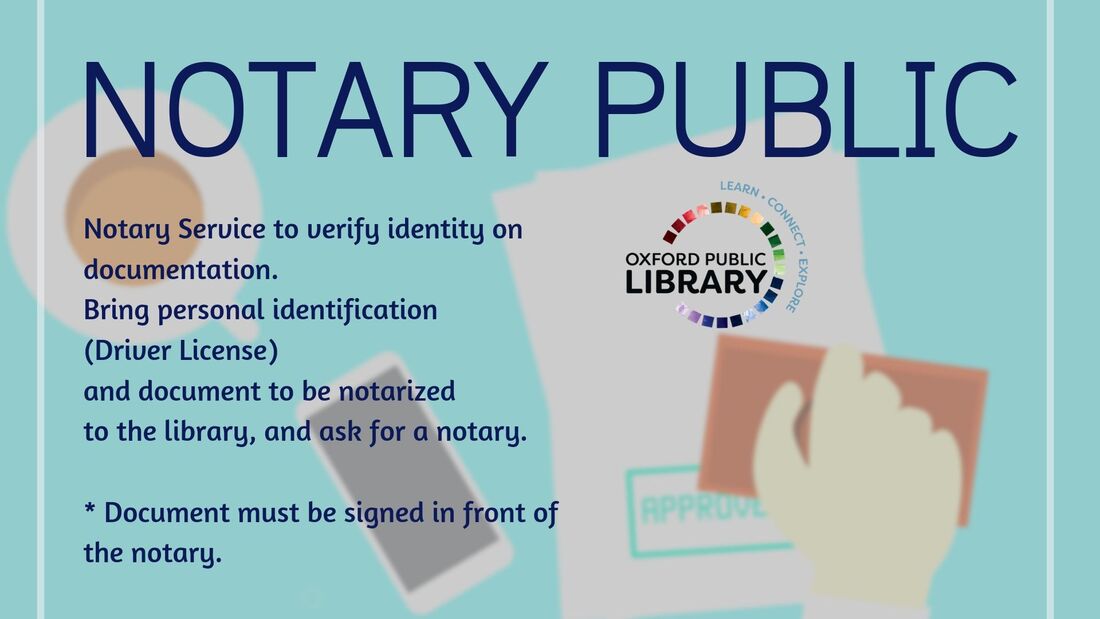Deceased Estate Administration: Managing Assets and Affairs After Passing
Wiki Article
Demystifying Notarial Work: Simplifying the Function and Importance of Notaries
Their function, commonly shrouded in secret for several, carries substantial weight in ensuring the credibility and stability of important files. By deciphering the complexities losing and bordering notarial practices light on the importance of their acts, a more clear understanding emerges of the vital function notaries play in supporting the textile of legal and legal contracts.The History of Notarial Job
The background of notarial work days back to old human beings, where scribes played a crucial duty in videotaping crucial details and verifying records. This led to the growth of notaries, individuals designated by the state to act as neutral witnesses in legal matters.
Throughout the Center Ages, notaries got importance in Europe, with their functions expanding to include drafting lawful papers, certifying trademarks, and preserving records. The surge of worldwide profession additionally stressed the relevance of notarial job in verifying agreements and agreements across borders.
In the modern-day age, notaries remain to play an essential duty in lawful and service deals by validating identifications, validating the authenticity of documents, and stopping scams. Their function in accrediting the credibility of arrangements includes a layer of protection and count on to the ever-evolving landscape of commerce and legislation.

Responsibilities and Duties of Notaries
The historical advancement of notarial job from old civilizations to the contemporary era has actually shaped the unique obligations and duties that notaries maintain in lawful and organization transactions today. Notaries play an important duty in validating the authenticity of papers and the identity of signatures. Among their main obligations is to witness the signing of important papers, such as wills, actions, and agreements, to make certain that all events are participating in arrangements intentionally and willingly. Notaries likewise validate that notaries are of sound mind and not under duress or coercion.Additionally, notaries are tasked with providing vows and affirmations, which are crucial in legal procedures and the execution of testimonies. They certify copies of original documents, offering guarantee to establishments that the duplicates hold true reproductions of the originals. Notaries have to maintain precise records of all deals they look after to make sure openness and accountability. In general, the tasks and responsibilities of notaries are necessary in guarding the honesty and validity of different records and transactions.
Notarial Certificates and Signatures
Exemplifying meticulous attention to information, notarial certificates and signatures serve as essential parts in confirming the authenticity of legal documents. Notarial certificates generally include vital info such as the date of registration, the names of the notaries, a summary of the file, and the notary's official seal. These certifications supply a clear record of the notarial act, guaranteeing that the document can be quickly determined and mapped back to the notary who managed the procedure.Trademarks play a crucial duty in notarial work, as they represent the contract and permission of the events entailed. Notaries meticulously witness the signing of files to validate the identity of the signatories and validate that they are signing of their own free choice. By attaching their main seal and signature to the file, notaries certify that the essential procedures have actually been followed which the document is enforceable and legitimate.
In significance, notarial certificates and trademarks are the hallmark of authenticity in lawful transactions, giving assurance to all celebrations involved that the papers are reputable and binding.
Significance of Notarial Acts

Registration Refine Discussed
The notarization procedure typically starts with the private providing the record to a additional reading notary public. As soon as the identification is validated, the notary makes certain that the individual authorizing the file does so willingly and without any kind of threat.
Verdict
Notarial certifications usually contain important information such as the date of notarization, the names of the signatories, a description of the paper, and the notary's main seal. These certifications supply a clear document of the notarial act, making certain that the document can be quickly identified and traced back to the notary who managed the procedure.
By fastening their official seal and signature to the document, notaries certify that the needed treatments have actually been followed and that the document is legitimate and enforceable.
By verifying the identification of the signatures, validating their readiness to enter into the agreement, and licensing the day and place of the signing, notaries play a vital function in maintaining the why not find out more credibility of lawful papers.After the paper is signed, the notary will certainly affix their main seal or stamp onto the paper.
Report this wiki page